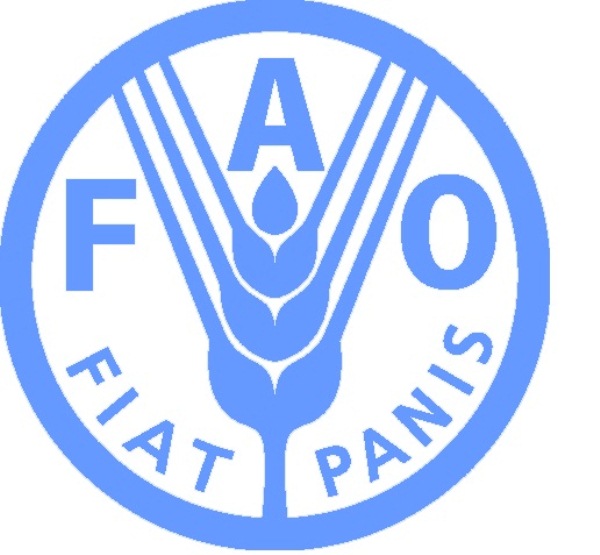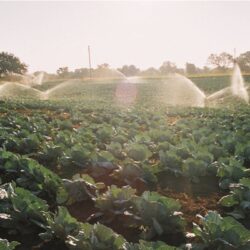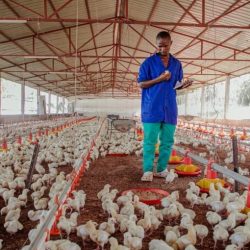Harare: The Zimbabwean government, with crucial support from the Food and Agriculture Organization of the United Nations (FAO), is taking a significant step towards strengthening its agricultural data systems. For the first time since independence, the country is embarking on a National Agricultural and Livestock Census (NALC), a move hailed as critical for informed policymaking and improved food security.
A team of senior statisticians and economists are currently convening in Harare to finalize the NALC project document, a crucial step towards securing the necessary resources for this ambitious undertaking. This document, developed in line with the FAO World Programme for the Census of Agriculture, will outline the data needs, methodologies, and resource requirements for the census.
“The NALC will provide a much-needed snapshot of the current state of Zimbabwe’s agricultural sector,” emphasized Dominique Habimana, FAO Regional Statistician for Africa. “This comprehensive data will serve as a crucial foundation for future agricultural surveys and inform evidence-based policy decisions.”
The absence of a comprehensive agricultural census has created a significant data gap, hindering the government’s ability to effectively monitor and support the sector. The NALC will address this critical gap, providing valuable insights into various aspects of agricultural production, from crop yields and livestock numbers to land use patterns and farmer demographics.
“This project document is not only a roadmap for the census but also a powerful tool for resource mobilization,” stated Matiwonesa Phiri, Director of the Production Statistics Division at ZIMSTAT. “It will enable us to effectively engage with both government and donor agencies to secure the necessary funding for this crucial undertaking.”
The draft NALC project document will be presented and validated by key stakeholders on January 30th, 2025, marking a crucial milestone in this endeavour. The successful implementation of the NALC will provide Zimbabwe with a robust foundation for evidence-based agricultural policymaking and contribute significantly to improving food security for its citizens.




